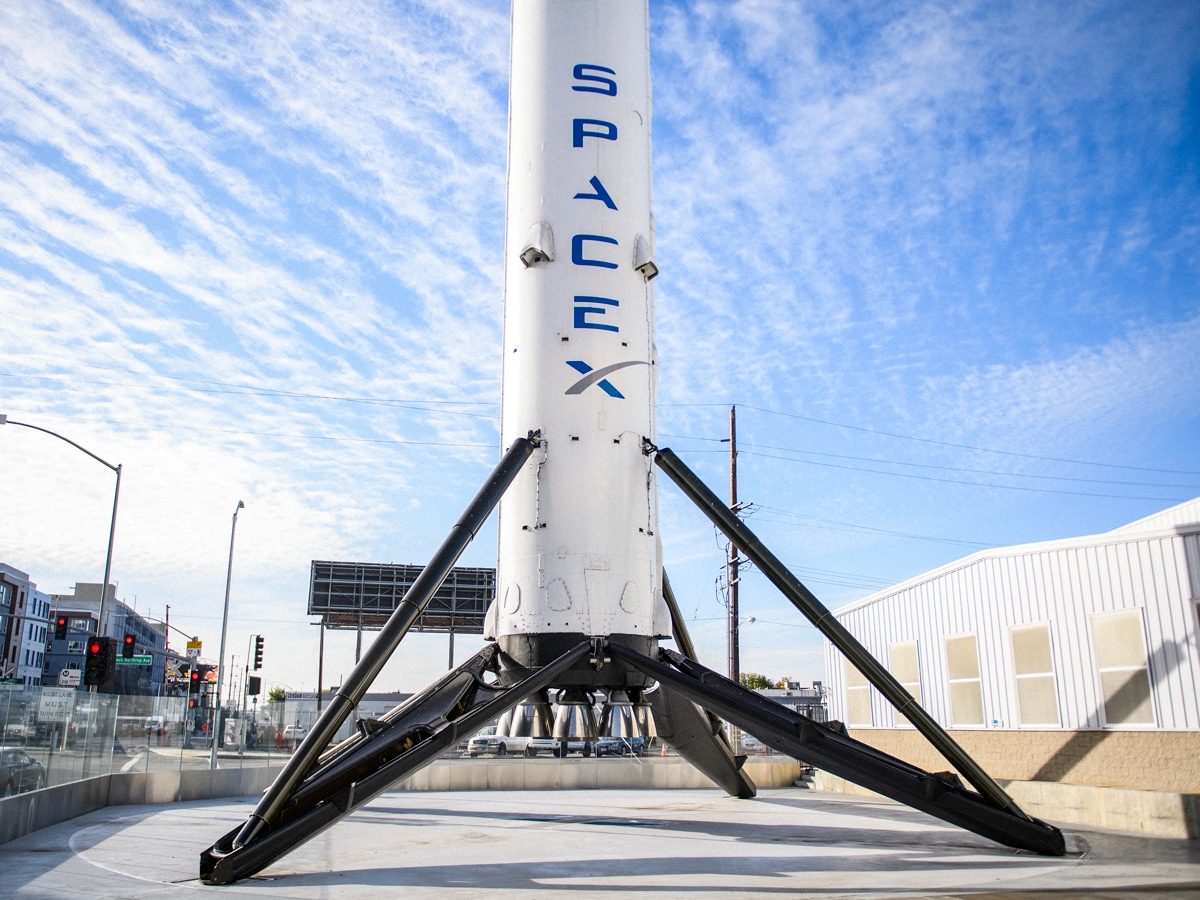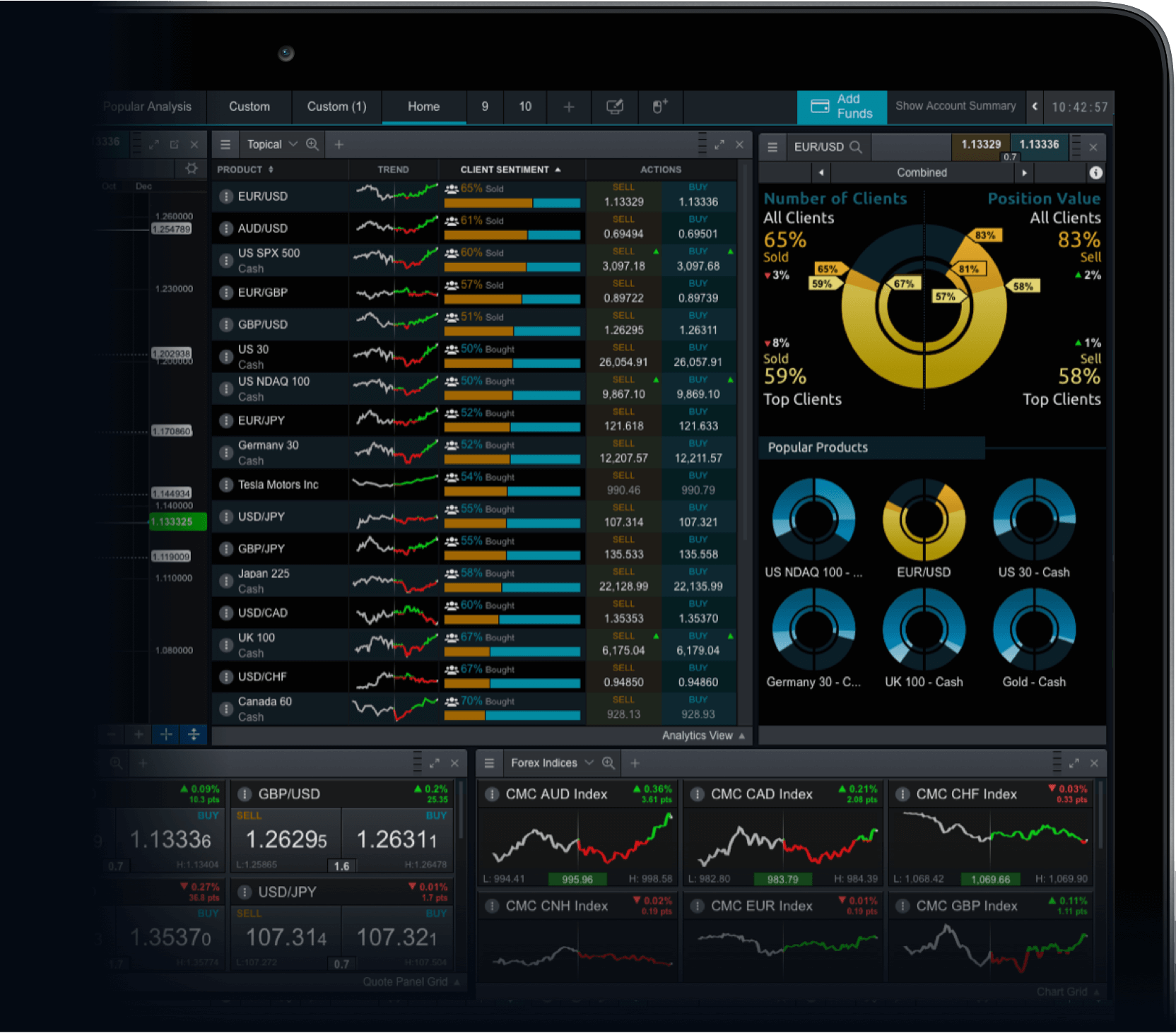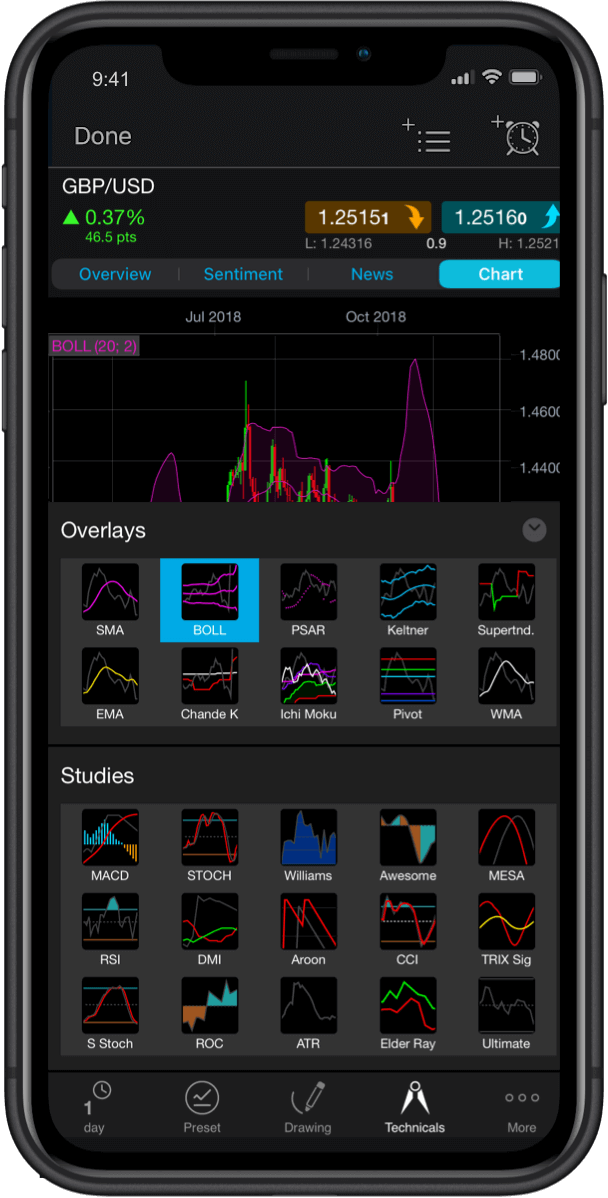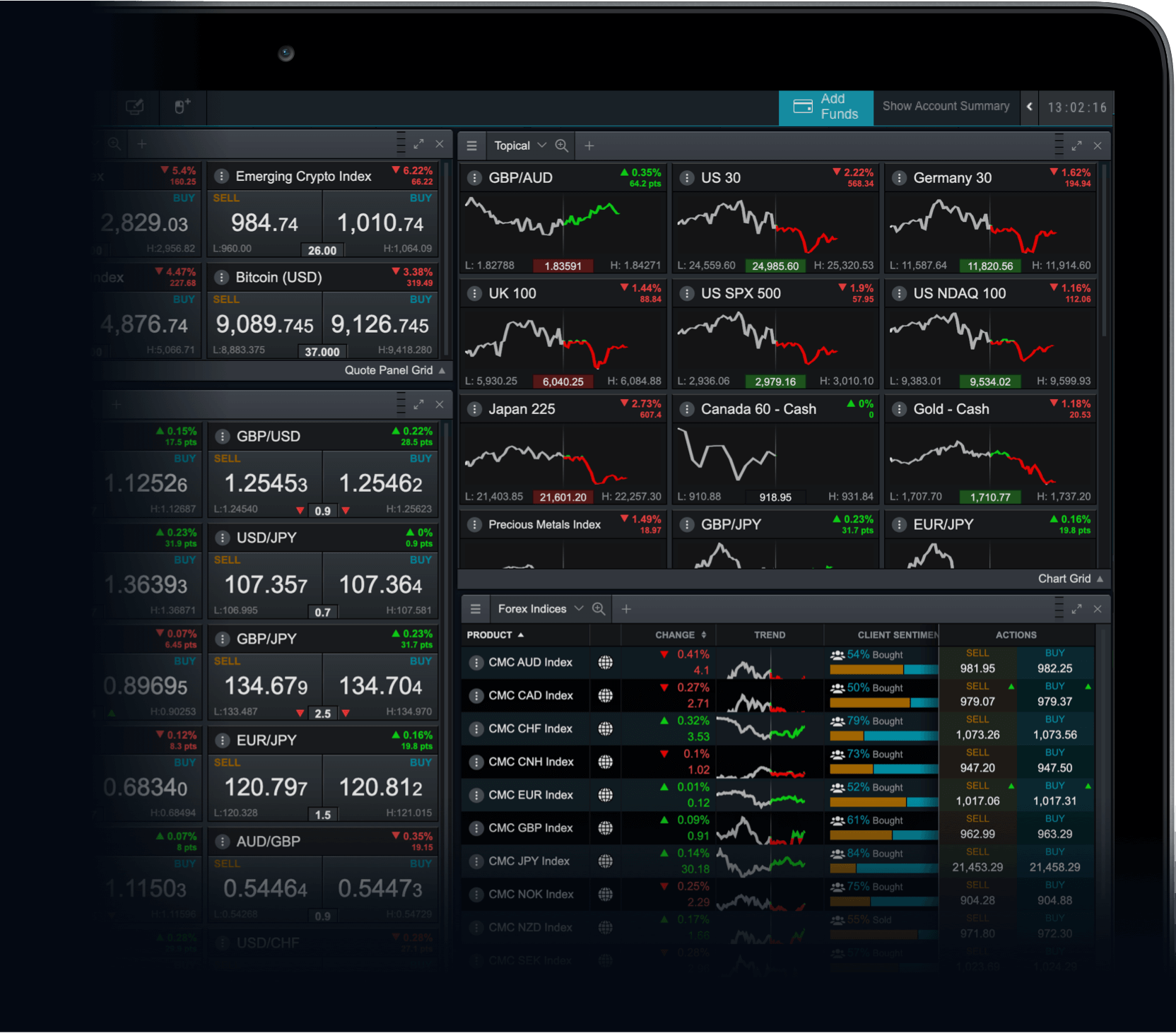The space field is very competitive right now so there is a lot of pressure for both Starlink and its parent company to perform. In particular, the low earth orbit (LEO) satellite industry is quite niche, so the companies that would pose the most threat to Starlink perhaps would be ViaSat [VSAT], Boeing [BA], Orbcomm [ORBC], Globalstar [GSAT], Iridium [IRDM] and EchoStar [SATS]. These stocks are all available to trade on, on our Next Generation trading platform with a CFD trading account while you wait for Starlink’s listing to become live.
In comparison with Starlink, the majority of the above companies seem to have much smaller valuations of around $2-6bn. This could suggest that although Starlink will arrive later to the stock market, it may gain a larger market share straight away and perform well in the face of its competitors.
Starlink may also face competition from billionaire-backed businesses such as Kuiper, a subsidiary of Amazon, which has been approved to deploy over 3,200 satellites as part of an initiative to build a LEO constellation, according to the company’s website. Another potential is Microsoft’s Azure Orbital, which is a fully managed Ground Station as a service introduced to the public in 2020. As the space sector is expanding so quickly, investors should keep an eye out for news and developments.








